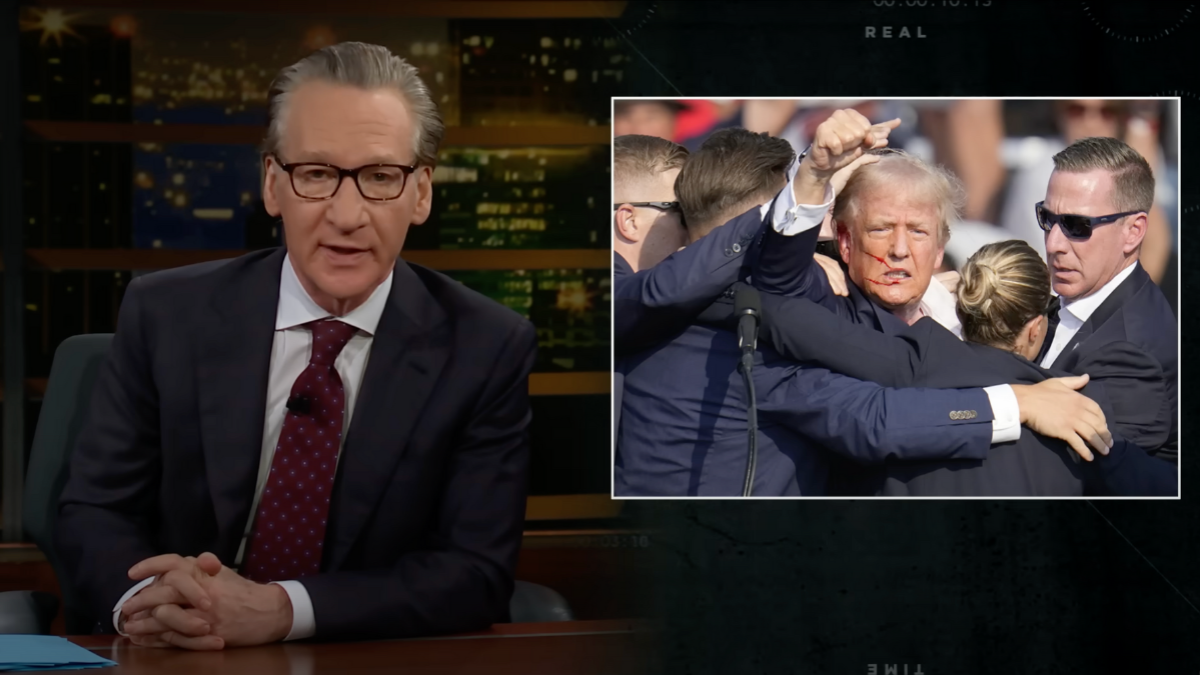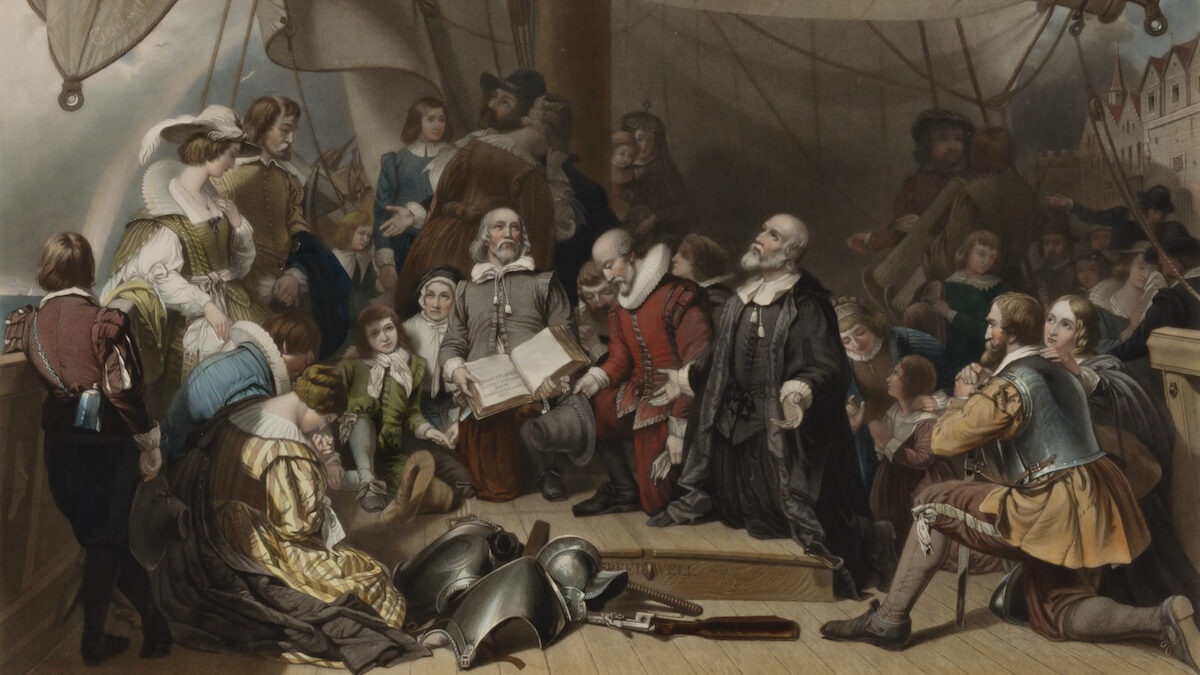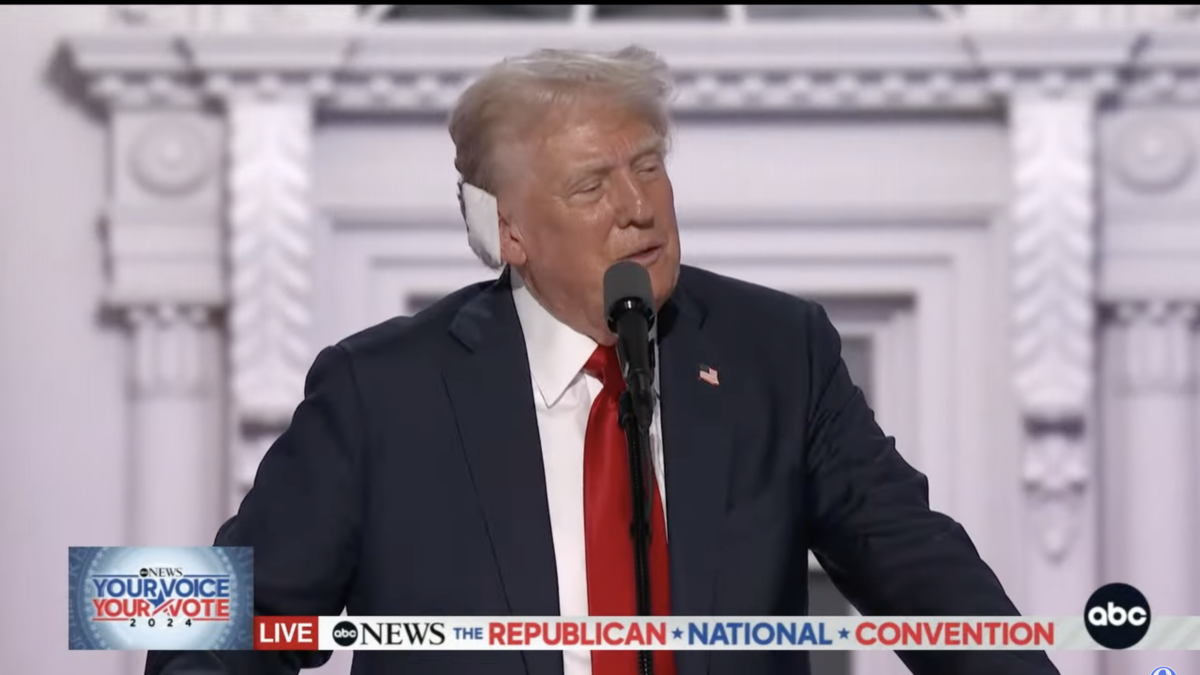The left is increasingly fearmongering that a Donald Trump victory this November would “elevate Christian nationalism as a focal point” in his second term. This hand-wringing was reported by Politico, which defined Christian nationalism as the belief that “the country was founded as a Christian nation and that Christian values should be prioritized throughout government and public life.”
Politico acknowledged that “Trump is not a devout man of faith,” but warned that his close associates seeking to influence policy are. In fact, “[T]he effort to imbue laws with biblical principles is already underway in some states.” Trailers for Rob Reiner’s new film, “God and Country,” similarly issue apocalyptic warnings of Christian involvement in public life.
If nothing else, the left’s propaganda machine is predictable. Their wheelhouse is the subtle manipulation of language, stigmatizing words that sound positive on their own, but turn into a poisonous cocktail when blended.
I’m talking about the phrase “Christian nationalism.” The word “Christian” appears only three times in the New Testament. It is first introduced in the book of Acts as a noun — a pejorative term of mockery used against followers of Christ. But instead of running from the label, they welcomed it. They were glad to suffer derision just as their Lord had done.
The word “Christian” is now being used as an adjective to make “nationalism,” a word that already has negative connotations on its own, sound even worse. When you modify “nationalism” by “Christian,” it becomes even darker. The evils of “nationalism” are amplified in the name of God. It’s wickedness done by divine decree.
Leftists know that carefully defining “Christian nationalism” would be counterproductive. Its ambiguity is its utility. It needs to be scary enough to make people afraid of it but vague enough so they don’t know what they actually fear. Thus, “Christian nationalism” has the requisite negative associations to accomplish the desired effect: Christians are bad, they want to do bad things, and they must be stopped.
This is one of the left’s favorite plays, and they run it all the time. Here’s how it works.
Step 1: Come up with a vague, new label that has sinister overtones like “Christian nationalism.” Refuse to define it, only denounce it. Consider it utterly unworthy of serious discussion. The self-evident threat of Christian nationalism is a clear and present danger to all decent Americans.
Step 2: Target and demonize politically involved Christians, especially conservatives. Weaponize and deploy the “Christian nationalist” label to turn decent, ordinary Christians against them.
Step 3: Demand denunciations of Christian nationalism from ordinary Christians. Putting distance between themselves and so-called Christian nationalists will demonstrate their good faith and reasonableness. Dangle the carrot of inner-ring respectability until they comply.
Step 4: Slowly expand the “Christian nationalist” label like a canopy over an ever-growing number of Christians who would have previously denounced it. Any expression of historical biblical morality can be easily savaged as yet another encroachment of Christian nationalism that must be stopped. The resulting cognitive dissonance will steer ordinary believers further and further away from historical Christianity to avoid being implicated. Eventually, Christianity itself melts into the “Christian nationalist” label entirely.
Step 5: Bludgeon believers and terrify them with the specter of “Christian nationalism” until all conservative Christians are driven away from political life altogether. The more Christians cower in fear, the more Christians are controlled by the threat of the label being applied to them (see also “racist,” “sexist,” and “homophobe”).
We can’t stop leftists from running their playbook, but we don’t have to play their games either. We don’t have to give them the power to use rhetorical manipulation to dictate our beliefs.
It’s obvious at this point that anyone who believes the most obvious Christian teachings will be branded a Christian nationalist. It’s inevitable.
There is no agreed-upon definition of Christian nationalism. I agree with some definitions and disagree with others. Ideally, we would clearly define our terms and apply labels that accurately describe the individual. I’d prefer to choose labels that best reflect my views, but I don’t always get that choice.
Ultimately, it matters not. As a conservative Christian who loves God, believes the Bible, loves my country, and wants to see justice prevail and righteousness flourish in our society, I will be called a Christian nationalist. This label is not used to create clarity and foster reasonable dialogue, but to bully, intimidate, and shut down dialogue. Name-calling is effective; that’s why people do it. They will keep running the same play as long as it works.
I say lean into it. Sooner or later, every Christian will be lumped in with Christian nationalists. If we backpedal and become defensive every time they call us names, they become our masters and we their slaves.
So I’ll gladly accept their derision and turn it into a badge of honor. I guess I’m a Christian nationalist.









